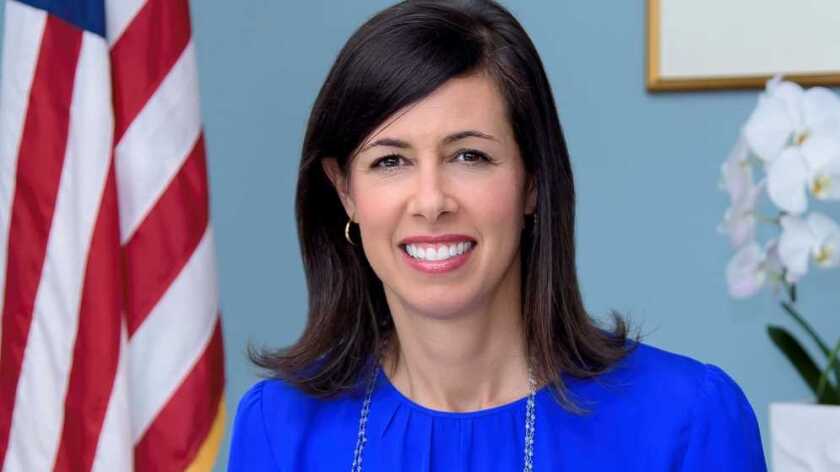In a statement, the FCC said that Starlink had “failed to demonstrate that the providers could deliver the promised service” needed to receive the subsidies.
Starlink, which is controlled by the Elon Musk-owned SpaceX had previously been awarded US$885.5 million in the FCC’s auction in December 2020.
The firm sought further subsidies as it aimed to offer satellite services to around 650,000 locations in 35 states.
“We must put scarce universal service dollars to their best possible use as we move into a digital future that demands ever more powerful and faster networks,” Jessica Rosenworcel, FCC Chair said in a statement.
“We cannot afford to subsidise ventures that are not delivering the promised speeds or are not likely to meet program requirements.”
Rosenworcel added that Starlink technology has “real promise” but the statement voiced concerns over users having to purchase a US$600 dish to access broadband services.
SpaceX has launched 2,700 Starlink satellites since 2019, amassing hundreds of thousands of subscribers.
Yet the FCC noted that Starlink speeds declined between the last quarter of 2021 and the second quarter of 2022 and its upload speeds fell below 20 Mbps.
The FCC has so far allocated around US$5 billion in funding as part of its subsidy programme which brings mostly fibre gigabit broadband services to over three million locations in 47 states.






